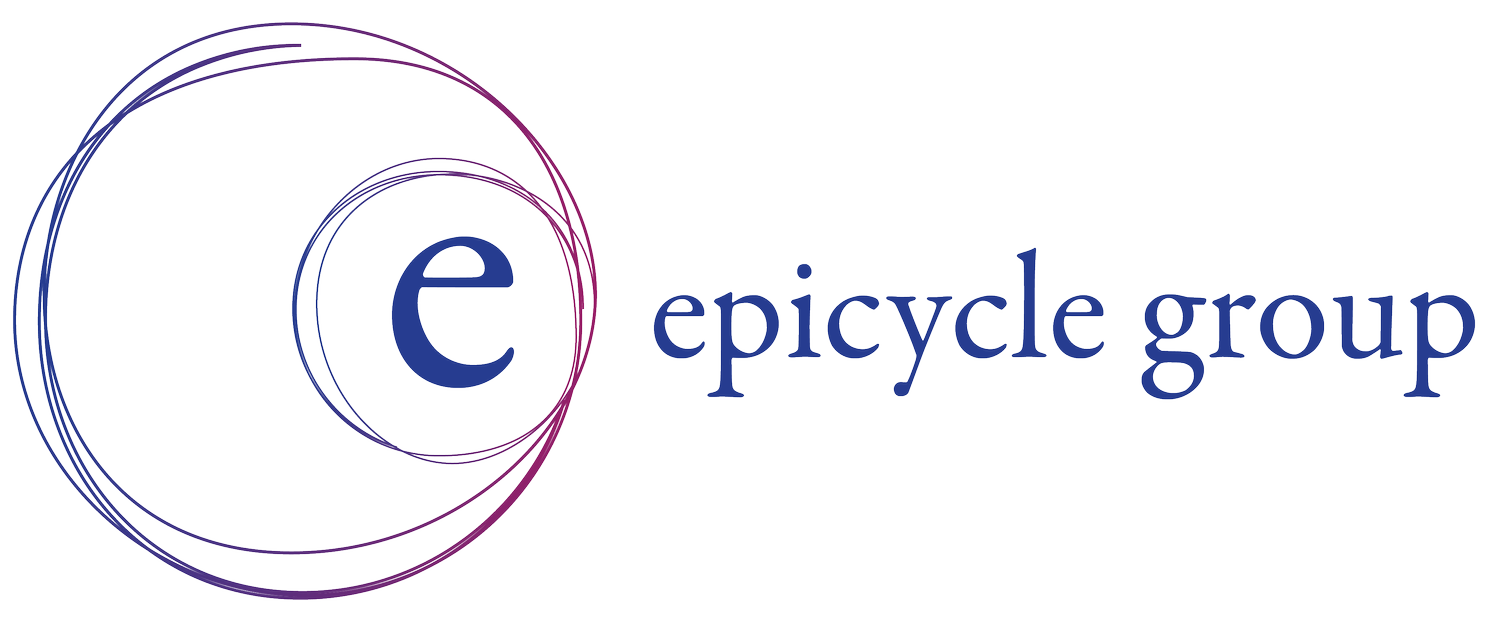Balancing Efficiency & Connection
I was talking with two different senior leaders recently who don't know each other, and they both shared the same challenge with me: how do we balance the need for efficiency with the need for human connection?
One of the leaders articulated the pressure they feel to get things done within the go-go-go fast-pace of work and life. The other shared the challenges of balancing work-from-home with in-office time in our hybrid world.
In both scenarios, the underlying challenge was the same: how do we attend to our tasks and get it all done, and at the same time, nurture our relationships to feel connected to our colleagues and also maximize the work we're able to get done collaboratively?
This tension comes up again and again, and can look like:
Struggling to decide how many days the team should be in the office versus remote, and how to use in-personal time impactfully
Over-relying on e-mail/ chat (high efficiency) when a phone call or in-person conversation would be more effective (high connection)
Communicating mainly through task management systems rather than face-to-face, optimizing for tracking but losing nuance and clarity
Teams getting through projects quickly but not taking time to debrief and learn together afterwards
Employees skipping team lunches or social events to catch up on email and tasks
Our needs for efficiency are important. We have long To Do lists and anticipate the next task before we even finish the current one. We often become wedded to "clock time", getting a lot out ourselves by viewing our days as a series of tasks and measuring our progress against the ticking clock.
Yet no matter how motivated we are, and how big our appetite is for getting things done and achieving our goals, we are human. And we can't escape this fact no matter how hard we may try to constantly maximize our own performance.
Our human needs include:
Feeling connected to the people we work with
Accepting that conflict is inevitable, and as a result, developing skills to navigate it when it arises
Trusting those we work with
Feeling psychologically safe so that we can speak our minds freely
Sometimes when we think about efficiency and relationships we can become polarized in our thinking and ask the wrong question, wondering: Which is more important - efficiency or connection?
The solution lies in remembering that both are important, and when we focus on embracing both, we see greater benefits for individuals employees, teams, and organizations.
We see the interconnection between efficiency and strong relationships frequently. We know that when people have strong friendships at work, it increases profitability and employee retention. We know that when there is strong psychological safety, teams generate better ideas and are more innovative.
Some of the ways you can improve your culture and your results by balancing efficiency and strong relationships include:
Instituting both in-office and remote work. Studies from Stanford and Microsoft have shown that remote work improves individual task completion, yet without in-person interaction, collaborative innovation and complex problem-solving can suffer.
Create meaningful shared experiences for your team, such as off sites or team lunches. Time together, particularly when it encourages people to be authentic and get to know each other better as people, creates stronger buy-in around shared goals, more accountability, and it deepens psychological safety and trust.
Use in-office time intentionally to drive connection. Virtual settings make it more difficult to form deep relationships with new people. Existing relationships also need to be rejuvenated by in-person time as purely remote relationships often deteriorate in quality and effectiveness.
Focus on outcomes over face time. Measure success by what has been achieved and the value that has been created. This allows employees more autonomy, and more time for important out-of-office activities like time spent on their health, and time with family.
Allow employees to work from home at least two days a week. Research shows that two days a week from home is likely the sweet spot to retain talent, build a strong culture, and drive strong employee performance. Working from home has become critical for retaining top talent, in particular for women, BIPOC employees and non-managers, all of whom are essential for increasing profits and strong succession planning.
If you're a leader who'd like to strengthen your team dynamics and your culture, please reach out to connect! We can explore your current challenges and what you'd like your future to look like.
